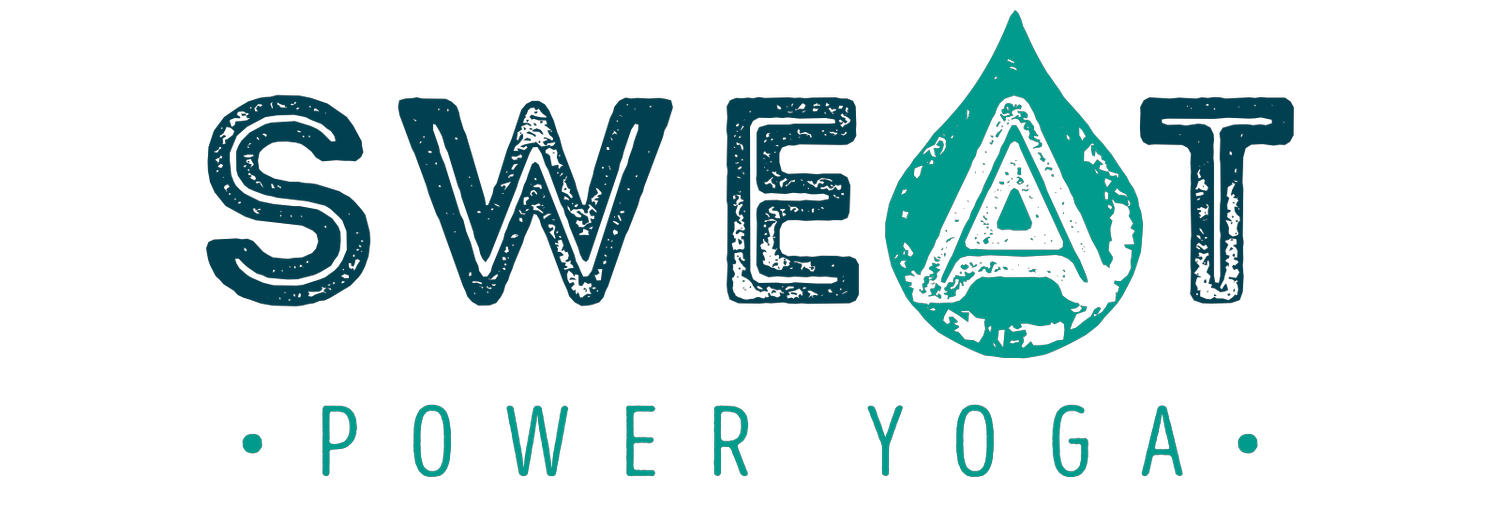The Science of Habit
Amid all of January’s resolutions and commitments, re-commitments and new routines, it’s likely that you’ve come across the idea of the “21/90 Rule” (or something like it), which states that it takes 21 days to make a habit and 90 days to make a lifestyle change.
Like most overarching, one-size-fits-all concepts, “21/90” contains truth, without being true, as according to a study from the European Journal of Social Psychology, it actually takes somewhere between 18 and 254 days to form a new habit, with an average of “66 days for a new behavior to become automatic.”
There are a lot of variables at play when we start a new routine, and given the diversity of human beings – as well as the diversity of habits those diverse human beings may be undertaking – it’s unsurprising that there’s a sliding scale for how long one needs to actually enact change.
Unfortunately, however, we tend not to be very sympathetic to ourselves or the extenuating circumstances surrounding our goals, which is unwise, given the fact that change is hard and our intentions have a tendency to go awry: of all the resolutions set, half will fail, less than 20% will last a period of two years or more, and for something particularly difficult to change – in this case, smoking – it takes someone eight to eleven attempts from their first effort to quit until they actually do.
There’s plenty of reasons why creating or changing habits is so difficult, but at least one of these reasons is the size of the goal being set. Since most of us want what we want when we want it, we go all in, planning to make the thing happen as quickly as possible, which may actually be the reason we don’t make it happen, as there are two very simple, yet predictive tenants under this particular tract of human behavior:
When humans set goals and reach them, they not only keep going, but expand upon them.
When humans set goals and fail to reach them, they stop. Then, they revert back to their old ways.
For this reason, during all of my meditation workshops, I have participants set their goal for the number of days a week and amount of time per day that they hope to practice after the conclusion of our time together – then, I have them divide that in half.
If they say seven days a week for ten minutes, great! Their new goal is 3-4 days a week for 5 minutes.
The idea is to build upon success, not struggle, as banking little victories is a more likely avenue to positive change than trying to avoid failure. The psychology says hitting a reasonable goal means it will keep going -- missing an unreasonable goal means it will stop -- and since I want people to start a meditation practice that has no end in sight, I actually don’t care how long they’re practicing for, just that they’re doing it at all.
It’s about progress, not perfection – a practice, not a perfect – and one of the many things yoga and meditation teach us is the art of beginning again. This is integral not only on our mats, but when we undertake new routines, as researchers found that “skipping the [desired] behavior once didn't have a big impact on habit formation if participants picked things up afterward.”
For all the science, psychology, and research surrounding habit formation, it seems that the moment where things irrevocably shift in the right direction is with that “if” – “if the participants began again.”
We’re not always going to get it right; however, we do always have the option to begin again.
…and sometimes, that means beginning again and again and again and again.
Luckily, at Sweat, we know change isn’t easy, so we’re here to support you with a variety of six-week programs for whatever practice you may be searching for: yoga, TRX, meditation, arm balances, better sleep, and more. Through these programs, you’ll not only sign up for a six-week routine, but get all the tools necessary to keep it going, make it your own, and begin again when you fall off. Upcoming offerings include…
Beginners Mindset: Arm Balances
Arm balances are liberating postures that teach us not only about intrinsic power but also about our innate playfulness, courage, fearlessness, and agility. Learn a new way to incorporate these poses into your practice with enthusiasm and ease.
Beginners Mindset: Vinyasa Yoga (Tuesdays)
Begin or upgrade your practice by digging into the form of each pose. Discover variations and modifications to create your own unique practice.
Beginner’s Mindset: Commit to the Sit
Are you ready to experience the power of meditation? Cultivate the ultimate, do-anywhere wellness practice. All you need to do is commit to the sit, and the rest will take care of itself.
Beginner’s Mindset: Power Within
Utilize breath work, movement, and self-exploration to look inward at the true version of yourself. Create space for spiritual healing and growth that will empower you to be in creation of what you want, on and off your mat.
Beginner’s Mindset: (Saturdays)
Begin or upgrade your practice by digging into the form of each pose. Discover variations and modifications to create your own unique practice.
Join Lynn to move through a combination of power vinyasa yoga and restorative stretching. Work on visualizing, breathing, and strategies to handle stressful situations whether it be in school, sports, or in life.

